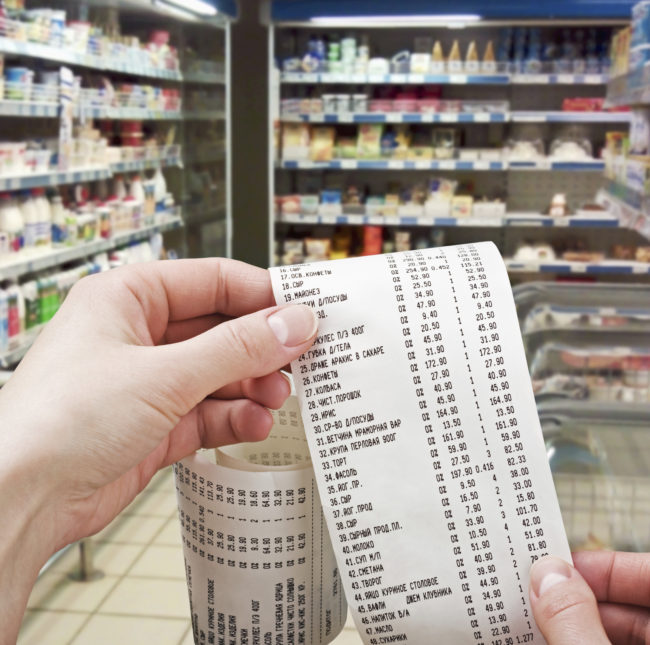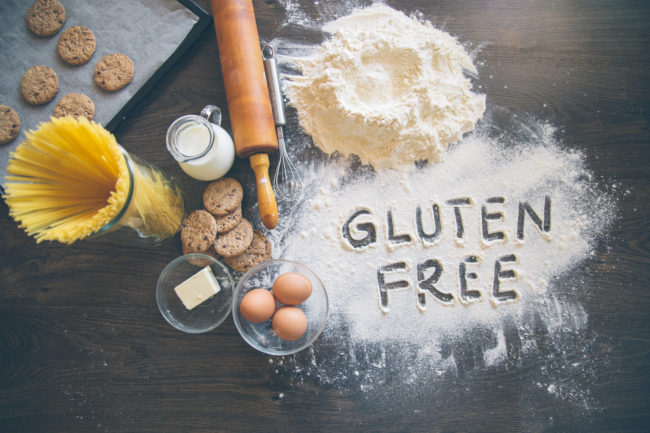When it comes to risk assessment, things like flights and camping trips typically come to mind.
Although the news certainly hasn’t been helping in the flying-is-awful department, your mother has probably told you a million times that you’re more likely to die doing something routine (like driving, for example) than you are to die in a plane crash.
And she’s right, but here’s the thing. Driving isn’t the only risk you encounter on a daily basis. Here are a few more modern-day activities that regularly put you in harm’s way.
1. Being a sedentary creature.

iStock
Where am I as I write this? You guessed it. At my desk. Where are you as you’re reading this? Probably at yours. According to this Naturopathic notes most of us in the working world are pretty sedentary, which can lead to health complications like heart disease and diabetes down the line. While that’s probably not news to you, this might be.
Standing desks are all the rage now, and they were created with the intention of combatting all the not-so-fun stuff that comes along with sitting all day. The only downside is that there’s really no research to support the idea that standing desks make a significant difference for people with office jobs as far as health is concerned. Check out this study in the Clinical Journal of the American Society of Nephrology for more details.
2. Looking down at your phone all day.

iStock
Playfully referred to as “tech nech” and “iHunch,” the slouchy, droopy effect that comes along with looking down at your phone day in and day out can not only make you look older, but it can cause some serious posture problems. That leads to back pain and eventually to the development of an annoyingly close relationship with your chiropractors in Melbourne.
According to Dr. Kenneth Hansraj from New York Spine Surgery and Rehabilitation Medicine, if you asked your neck, it’d tell you that a human head that weighs between 10 and 12 pounds feels like it weighs 60 pounds. I’m paraphrasing, but you get the idea. The fix? I can’t believe I’m going to say this, but you know those 15-year-old girls at Starbucks who prop their elbows on the table and hold their phones right in front of their faces? They’re onto something. Be like them. Bring your phone up to your face whenever possible. You’ll find plenty of resources on http://melvillewellness.com.au/ about taking care of your health, particularly your back.
3. Trusting BPA alternatives to be safe.

iStock
Because BPA, which is found on receipt paper and in plastic bottles, was deemed unsafe, a few more scientists who were probably up to no good came up with its new cousin, BPS. Although it’s not quite as awful, BPS has been shown to trigger the production of fat cells. Not good. Basically, stick to the same guidelines that you would when it comes to avoiding BPA.
When you can, use stainless steel water bottles, warm your food up in heat-resistant glass, and throw out plastic containers that look cloudy, because they’re out to get you.
4. Not getting enough vitamin D (or getting it the wrong way).

iStock
We’re so much more careful about sun exposure now than we were even five years ago. We slather on sunscreen because cancer and wrinkles aren’t cool. The only downside is that not much is known about how that affects vitamin D absorption. While experts tend to agree that being outside, even with sunscreen on, will still give you a little jolt of vitamin D, many suggest talking to your doctor about taking a supplement. Relying on sun exposure alone isn’t going to get any of us where we need to be, and lack of vitamin D over an extended period of time can lead to bone-density issues.
5. Diving head-first into internet dieting fads.

iStock
Three words: Consider the source. Because we all live online now, diet fads headed up by so-called experts abound on the internet. Because our bodies are complex machines, we need to make sure that they keep functioning as such. So much of what’s seen online is about taking foods away, but make sure you’re not missing out on key nutrients by stripping your diet down to nothing. Spoiler alert: You won’t find one actual medical professional or nutritionist touting juice cleanses as being good for you.
By drastically changing your diet every time a popular fad comes along, you’re actually putting your health at risk. Any change, even if it’s a largely positive one, is a stressor, and the stress factor is only increased when you drop everything to adopt the latest trend. Basing your diet plan around what’s trending on Instagram can lead to serious physical and psychological consequences.
While none of these act quite as swiftly as the horrific tragedies we see on TV, these modern-day health risks should not be ignored.
(via Huffington Post)
We’re living in a world ruled by instant gratification, but our everyday behaviors can have lasting effects in the long run. You might not feel your neck aching for your phone’s sake yet, but you certainly will when you find yourself in a doctor’s office wishing you’d just looked up every now and then.




Comments